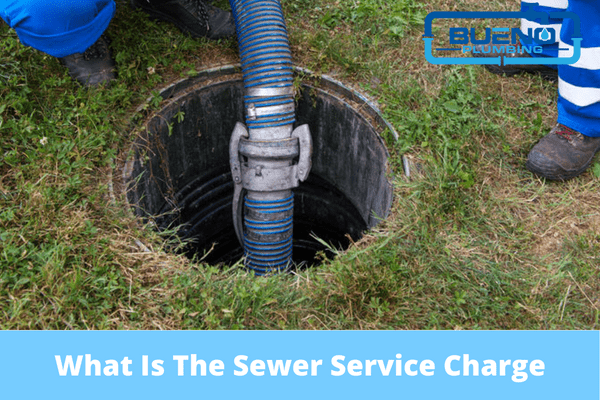The Sewer Service Charge is based on metered water use and generates funds for constructing, maintaining, and upgrading wastewater facilities such as sewers. This ensures that the city’s wastewater treatment plants can handle all the sewage discharged by residents’ homes, businesses, or industries. If you are linked to the city’s sewer system, you must pay a monthly sewer fee to utilize their pipes and treatment facilities. If you have a septic system, you are responsible for removing wastewater; thus, you do not have to pay a sewer fee.
What Does My Sewer Charge Cover?
Depending on where you reside, your sewer fee may cover three expenses.
Collecting And Treating Wastewater
Your waste travels to the city’s main sewer line from your toilet. Your city collects the garbage from this location and turns it into pure water. After purification, the water is returned to local streams, rivers, or canals.
Operating Expenses
Running a sewage and water treatment facility is costly. Your payment helps pay for people, equipment, gasoline, trucks, and other costs associated with operating an adequate garbage facility.
Special Projects
Special projects include:
- Decreasing sewer overflows.
- Addressing urgent backups.
- Maintaining good-quality pipes.
- Providing customer support.
- Addressing environmental concerns.
How Do I Determine My Sewer Charge?
Water and sewer bills are frequently grouped. Your sewer bill is divided into fixed costs and consumption charges.
Fixed Sewer Charge
The fixed price includes costs associated with putting the system in place and keeping it running reliably, including account administration charges. As a result, whether or not wastewater flows into the sewage system, all users must pay a fixed rate.
Sewer Consumption Charge
The amount consumed is determined by how much sewage leaves your residence. The average household sewer usage is limited to 36,000 gallons per year. This fee pays for the transportation and treatment of the sanitary sewer flow. The funds are also used to maintain, repair, and replace the main sewer system.
Why Is My Sewer Bill Higher Than My Water Bill?
The gap between clean water distribution and wastewater collection is the main reason your sewage bill is higher than your water charge.
Gravity: When necessary, drinking water flows through pressured pipelines, going uphill and downhill. Water lines do not require gravity to reach your residence.
Gravity is required for wastewater to leave your residence. Most sewer lines are graded with a specific slope. The expense of constructing these pipes climbs as the work becomes more difficult. Pump stations are required if a slope is too steep for wastewater to flow by gravity again.
Customer base: Water utility providers have a broader customer base to support their running costs, cutting individual customer costs.
Treatment: We discussed how wastewater is processed and returned to local water sources. The systems that clean and release wastewater are costly to install and run, which raises your sewer bill.
What Should You Do Next?
What should you do if your sewage bill keeps rising despite your efforts? A leaking sewer pipe could cause the problem. How should a leaking sewer pipe be repaired? This is where Bueno Plumbing can assist you. We’ll begin with a sewer camera inspection to determine the root of the problem. Then we provide you with a free repair quote and repair choices. Whatever the situation, we will restore your home’s functionality. Call us now!



